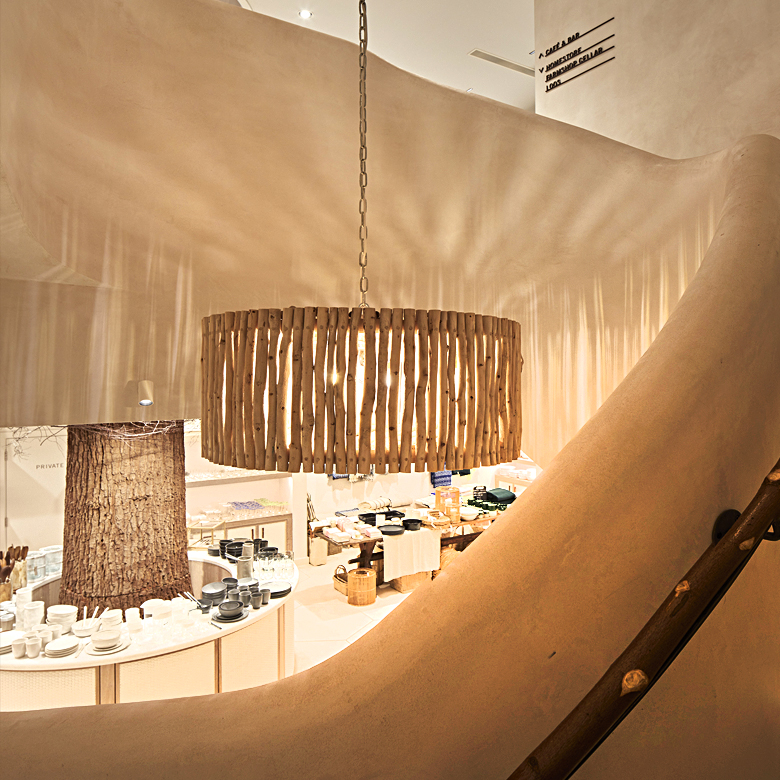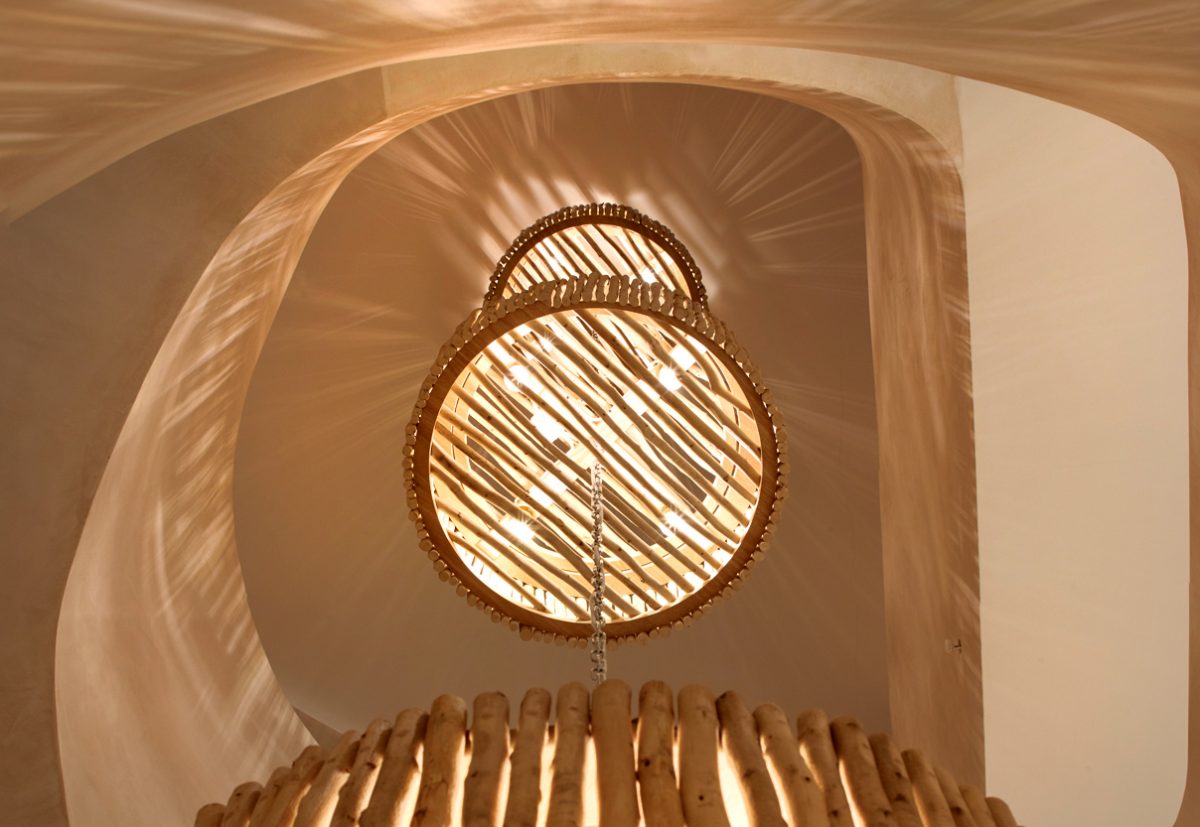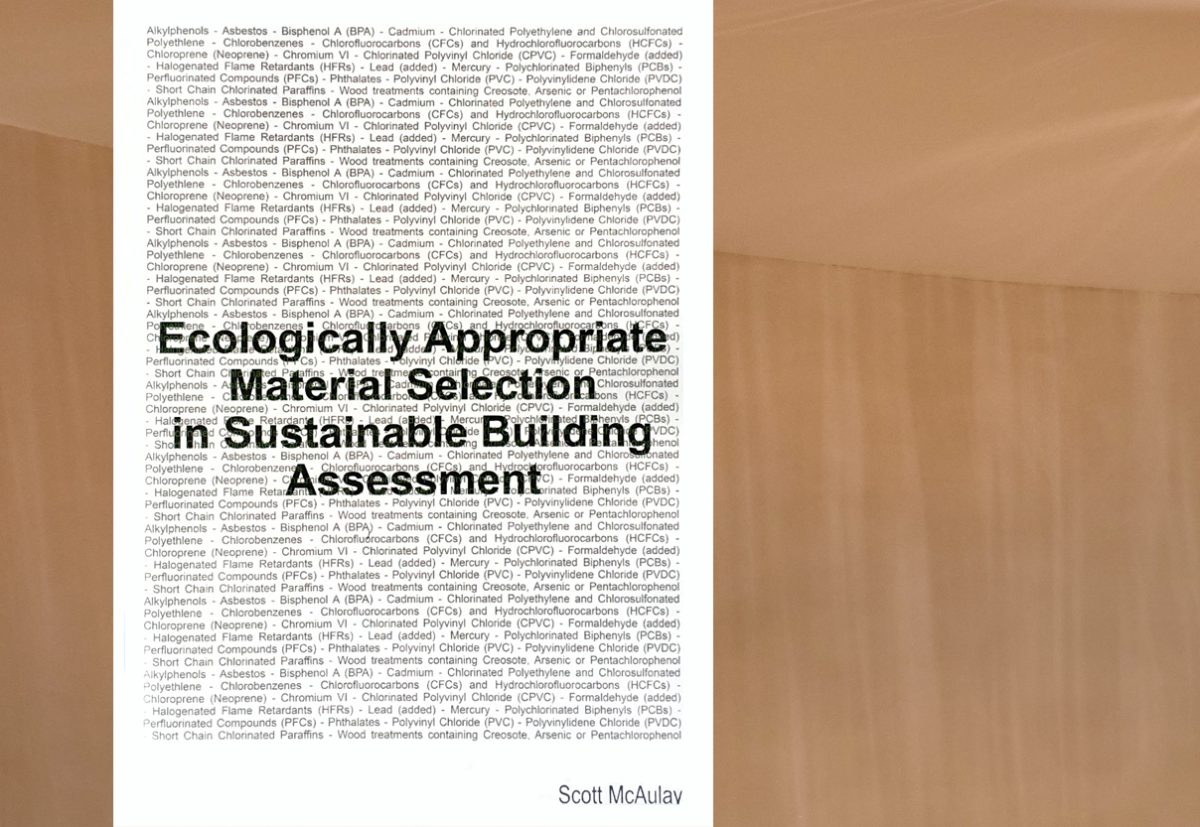
Daylesford Organic
Passionate about sustainability
Daylesford is one of the most sustainable farms in the UK, committed to organic farming, natural ingredients, sustainable food and the wellbeing of people, animals and the soil. Their work over the past 40 years is a tribute to the importance, beauty and functionality of healthy earth. Values that Clayworks clearly aspires to and we share the philosophy that the world will be a better, more beautiful and healthier place when we use more natural materials.
Daylesford Brompton Cross (London) is the 5th Store and Restaurant by the company and has been designed by Michaelis Boyd*. Centred around a nine-meter oak tree from the Daylesford Estate in Oxfordshire that runs centrally through the three floors, it stuns with fluid organic shapes finished with Clayworks Clay Plasters, to compliment the company’s ethos.
Organic farming practices, natural food and awareness of the ingredients in beauty and bath products have forced a huge shift in the grocery and beauty industries over the last few years. Fashion has started to follow. And now buildings?
Because despite all the talk about sustainability in the construction world, clay has until recently been largely overlooked as a viable material for both building and décor. Yet natural ingredients, personalisation, social and environmental responsibility, healthy living and the beauty of raw, honest materials are some of the stand out trends of these times and this has been great news for natural building materials such as clay plaster.

Proving that working with natural ingredients can lead to exceptional product development.
Daylesford, like Clayworks, champions superior natural ingredients and while we can read an ingredients list on most foods, the same isn’t true for architectural and interior products. While benign in appearance, most could contain noxious chemicals and substances*. These chemicals are largely unregulated. Silent Spring**, a non-profit research institution in the USA, recently found dozens of harmful chemicals in LEED-certified housing in Boston, leading Robin Dodson, the principal author of the investigation to state:
… the study is proof that the building industry needs to dramatically shift how it thinks about healthy as an element of sustainability. Green building standards need to do a better job thinking about the chemicals and materials being used.
Scott McAulay has identified that
… each of the chemical families listed upon the cover of this dissertation are prevalent in construction.

In a world saturated by technologies where products undergo a long chain of transformation it can be easy to lose our relationship with raw ingredients and raw materials, but natural building products such as earth and clay, need not be processed, do not require synthetic additives and contain none of the above. Yet compelling health and sustainability benefits in any products are still rarely the reason people buy, or specify, things. We need to change the way we think about them. The most powerful innovations are those that change people’s perceptions of what is possible, and Daylesford Brompton Cross is a profound reminder of the beauty of natural and healthy materials and the power of the earth.
*Source: Fast Company’s Co.Design | ** Source: Silent Spring
Daylesford Organic Store and Restaurant: Brompton Cross, London.
For additional pictures please see our gallery feature.

